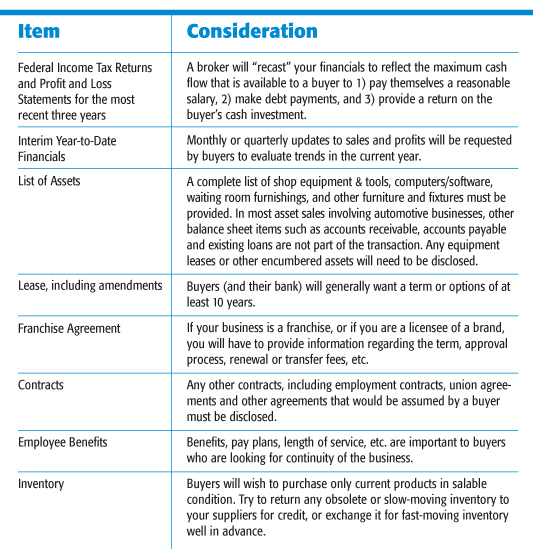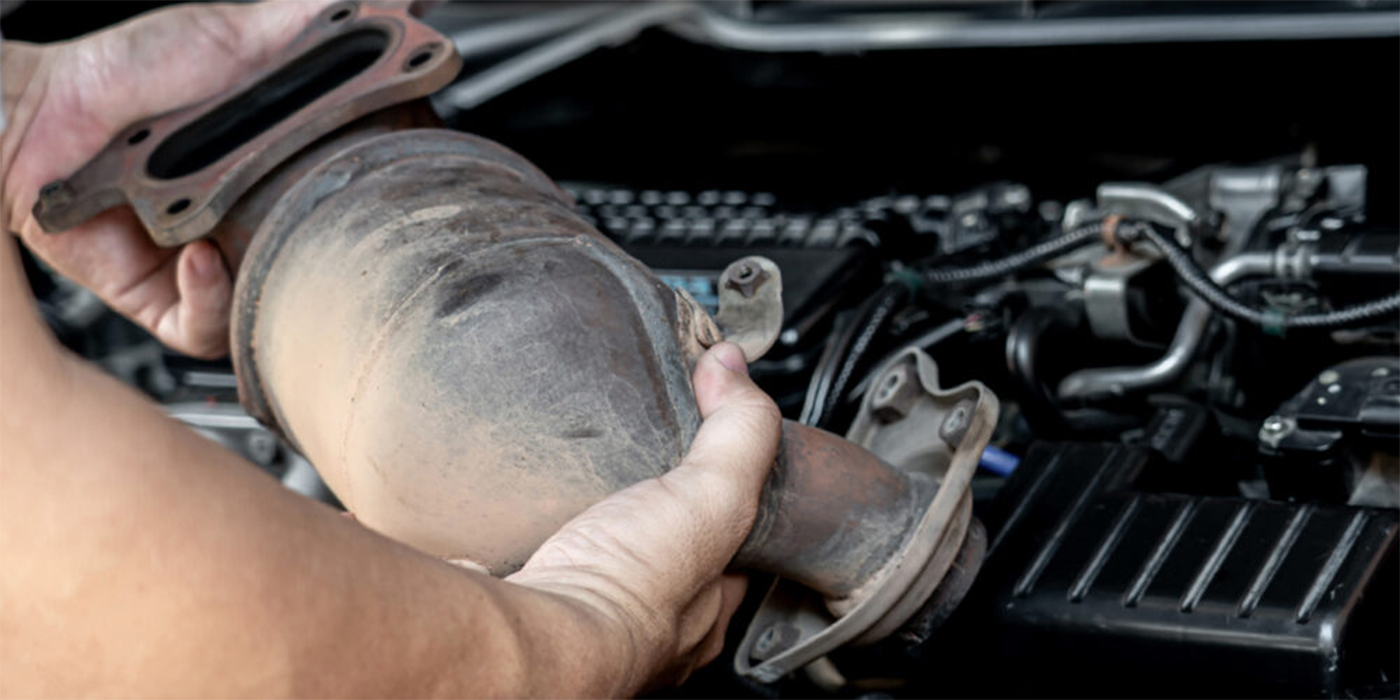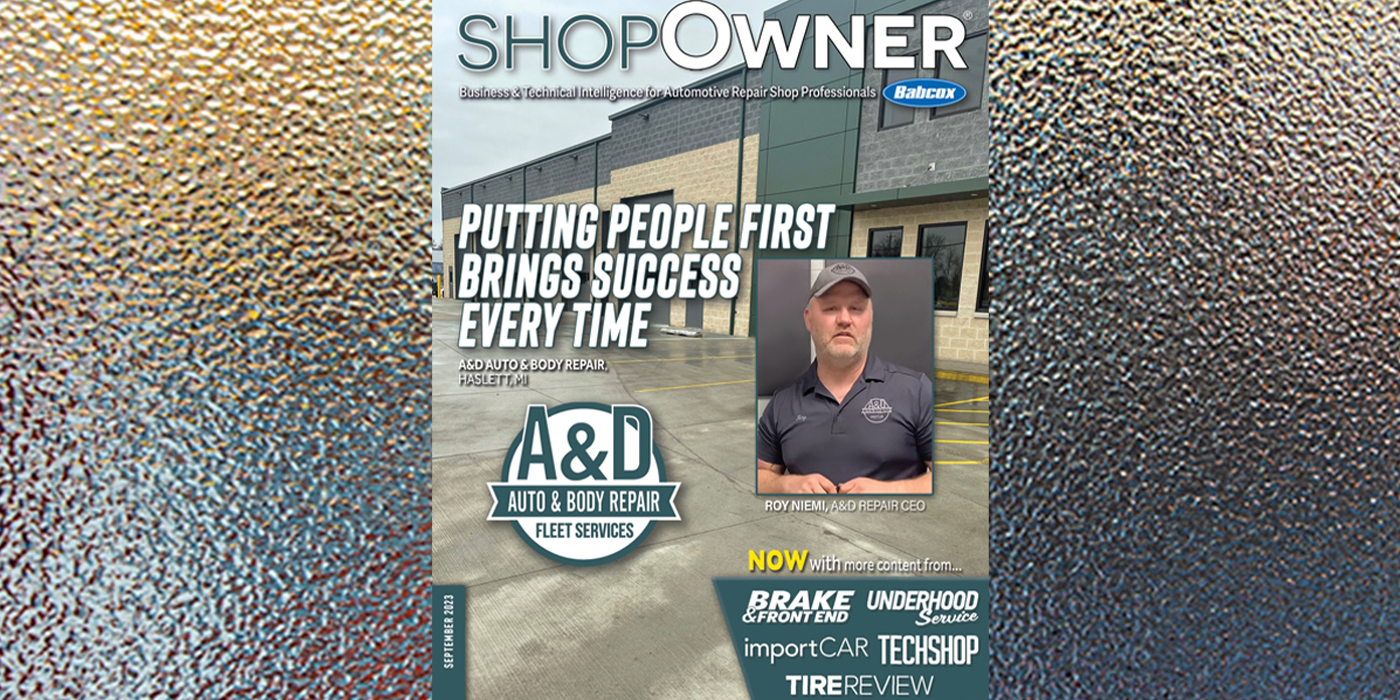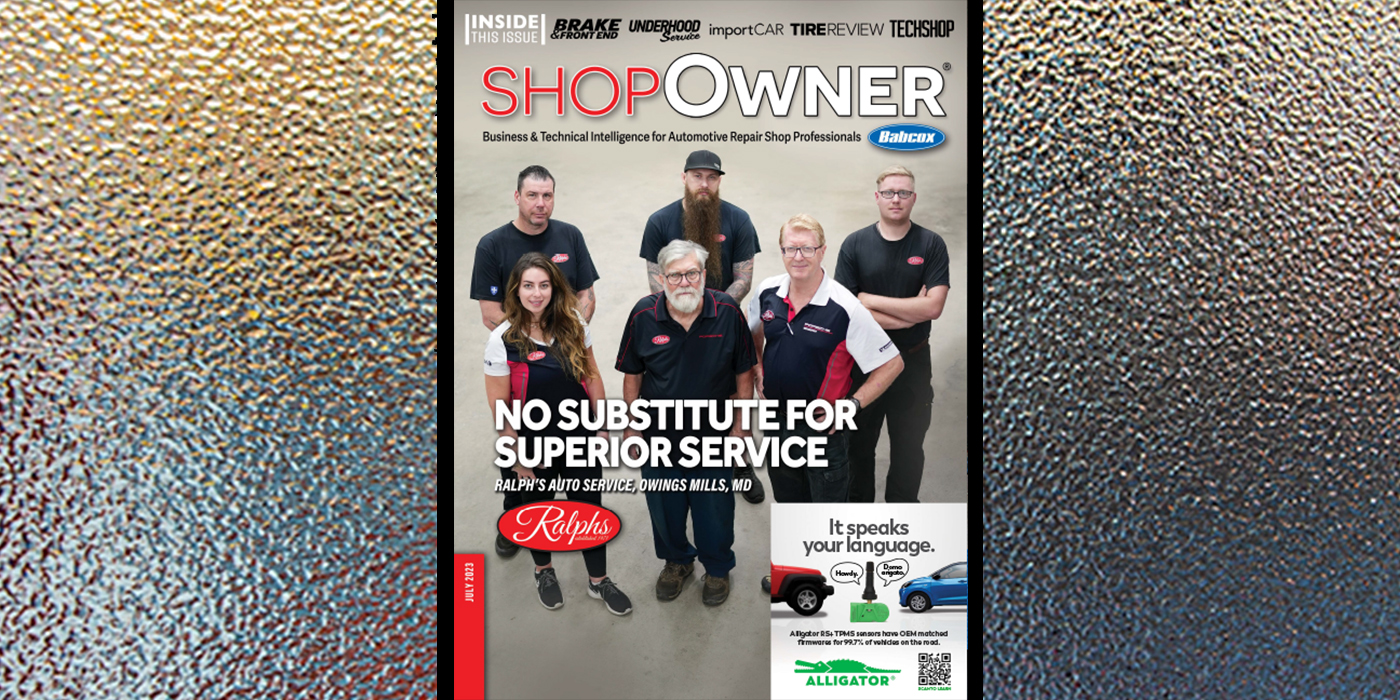 The majority of challenges and frustrations experienced by sellers can be avoided with solid information about the pitfalls of selling a business in today’s market. While there are dozens of challenges to overcome, here are the first five of 10 of the most common mistakes that can have drastic repercussions and cause both stress and loss of value on a business sale.
The majority of challenges and frustrations experienced by sellers can be avoided with solid information about the pitfalls of selling a business in today’s market. While there are dozens of challenges to overcome, here are the first five of 10 of the most common mistakes that can have drastic repercussions and cause both stress and loss of value on a business sale.
There comes a time for every business when ownership changes, whether through a transition to the next generation or an outright sale to a first time or an experienced buyer.
This insider’s guide will provide insight for navigating the complexities of a successful selling transaction. Follow these tips to maximize the success of your sale and preserve your peace of mind.
You probably don’t expect the exit from your business to be easy, but without step-by-step guidance, most sellers are surprised by how difficult and frustrating it can be to sell their company for a good price in a reasonable timeframe, especially in the current economic environment.
Mistake 1 … Failure to Prepare and Properly Package Your Business
If you were selling your house, you would obviously spruce it up before hanging a “For Sale” sign in the front yard.
Selling a business with confidentiality means you can’t advertise it by name or put up a sign, so it’s even more important to address several key aspects of your business before it is marketed.
Selling a business with confidentiality also means it is wise to consider utilizing the services of a qualified business broker who possesses the experience and training to maintain that confidentiality.
Yes, sprucing up your physical facility will give a prospective buyer a good impression when touring your building; however, the financial condition of your business and the state of your records and documentation is most important in accurately presenting your business in the best possible light to attract qualified buyer prospects.
Before your business can be marketed, a comprehensive Confidential Business Review (CBR) is prepared to educate prospective buyers on your business and the industry. A professionally prepared CBR will include information from the sources in the chart at left, so you will want to have this information readily available to provide to your broker.
A word about financials and tax returns…
Most business owners, and their accountants, do their best to minimize taxes, not maximize profits. Remember that buyers are buying your cash flow more than anything else. While there are a variety of sophisticated methods of valuing a business, the bottom line is that the sales price of the business will likely translate to a multiple of the cash flow — so everything that can be done to present your business with the highest cash flow will directly result in a higher sale price.
One of the biggest mistakes that a seller can make is leaving dollars on the table through an improper “recasting” of the financials that does not maximize the cash flow. A broker who has industry-specific experience will have seen dozens of financial statements for automotive businesses and, therefore, will know exactly which expenses to question as higher than industry norms.
Mistake 2 … Failure to Properly Price the Business
Wouldn’t you rather reap the rewards of selling your automotive business for the highest cash price, than leave money on the table?
Overpricing or underpricing a business is a common mistake. It’s fine to be confident that you can successfully sell your business at a good price, but far too many business owners go into the selling process thinking that they will get top dollar simply because they believe that’s what it’s worth.
True value is based on quantifiable criteria, not the seller’s emotional appraisal. One way to gauge your perspective on reality is to ask yourself if you would purchase another dealer’s business with the same sales and profits at that valuation.
Conversely, it’s also a mistake to state a price before knowing the full potential value of your business. Don’t sell yourself short by setting a price too quickly, even if you are burned out and highly motivated to retire, downsize or pursue other business interests. Remember, you can always come down, but it’s more difficult to raise your price once the marketing process begins.
If you are willing to consider seller financing, then one strategy to consider is a dual-pricing option, where you advertise both an “asking price” based on seller financing and a lower price for an all-cash deal.
Once you and your broker have carefully analyzed your financials and identified an appropriate asking price for your business, you will have learned a valuable lesson in how buyers will evaluate your business and calculate their own price to offer you.
You will know that for every dollar of cash flow increase that you can generate, you may get $2 to $3 more in a sales price. It typically takes 4-12 months of marketing to sell a business, so use this time to brainstorm how to raise sales levels or focus on expense levels that are above industry norms.
Mistake 3 … Failure to Sell Your Business Before You Need to Sell Your Business
 Few business owners are lucky enough to sell their business at the perfect time. Too many owners wait until the last minute to decide to sell their business. They wait until business is down, or they are completely burned out, or their partnership has soured, or they have an unfortunate health issue, or perhaps their franchise or lease is close to expiration.
Few business owners are lucky enough to sell their business at the perfect time. Too many owners wait until the last minute to decide to sell their business. They wait until business is down, or they are completely burned out, or their partnership has soured, or they have an unfortunate health issue, or perhaps their franchise or lease is close to expiration.
The time to sell is:
• When business is good;
• When you don’t have to sell; or
• Before the emergency happens.
The best time to sell is not necessarily now either. If your business has had a couple of down years and you have not yet turned the corner to positive sales and profit increases, then you can expect to see a decline in the value of your business and a longer time to find a qualified buyer. If you can muster the energy to breathe new life and profits into your business, retrain your people, increase your advertising and improve your customer service, then waiting to put your business on the market may be the path to maximizing your sale price.
Mistake 4 … Failure to Leverage the Right Professionals
You are an expert at running your business. Are you an expert at selling it?
If an accountant, attorney, financial planner or business broker needed an air conditioning compressor in their car, would it be wise for them to try to install it themselves if they are not ASE-certified and properly trained?
There may be cases where the DIY approach works, but for most business owners, relying on your accountant and attorney, and hiring a business broker, will not only help your peace of mind, but will likely result in a higher sales price, than not relying on professional expertise. As the old saying goes, “The attorney who represents himself has a fool for a client.”
Select your team carefully. An attorney who specializes in business transactions is likely to be more cost-effective in preparing closing documents and reaching agreement with the buyer’s counsel. A broker with industry experience and a realistic approach to valuation is more likely to be successful in engaging buyers and getting them excited about your business.
Tax planning with your accountant is also important in reducing the impact of capital gains tax.
By properly apportioning the price between assets such as goodwill, equipment and non-compete provisions, it’s possible to make the purchase price more attractive to your purchaser through immediate tax allowances, or less onerous to you through tax liability.
Mistake 5 … Failure to Maintain Confidentiality During the Sales Process
Confidentiality is important and needs to be continuously managed. If word gets out that your business is for sale, it could adversely affect sales and your relationship with your employees and stakeholders. An experienced broker knows how to simultaneously market your business and maintain strict confidentiality.
Buyers are willing to pay more for an operational business than a start-up because of its customer base, track record of sales and profits, and trained staff. The vast majority of buyers will want your employees to stay, but some staff members may become fearful of change and start looking for another job — or they may demonstrate less enthusiasm and lose focus on customer service, productivity and shop appearance. Suppliers may hold back on deals or change credit terms. Competitors may use the information as a selling tool against you.
All buyer prospects should be signing a Confidentiality Agreement prior to being given the name and location of the business, or a copy of the Confidential Business Review document that contains your financials.
Look for Part 2 of this article in the March/April 2013 issue of Shop Owner where Mistakes 6 through 10 to Avoid When Selling Your Business will be provided. Or, if you just can’t wait, visit www.art-blumenthal.com to request a copy of the entire article.
Leveraging more than 30 years of experience as both an aftermarket business owner and aftermarket
technology executive, Art Blumenthal LLC provides business intermediary and advisory services to
both buyers and sellers of industry businesses of all sizes. Art is a member of IBBA (International
Business Brokers Association, Inc.). For more information, or to initiate a no-obligation confidential consultation, visit www.art-blumenthal.com.















